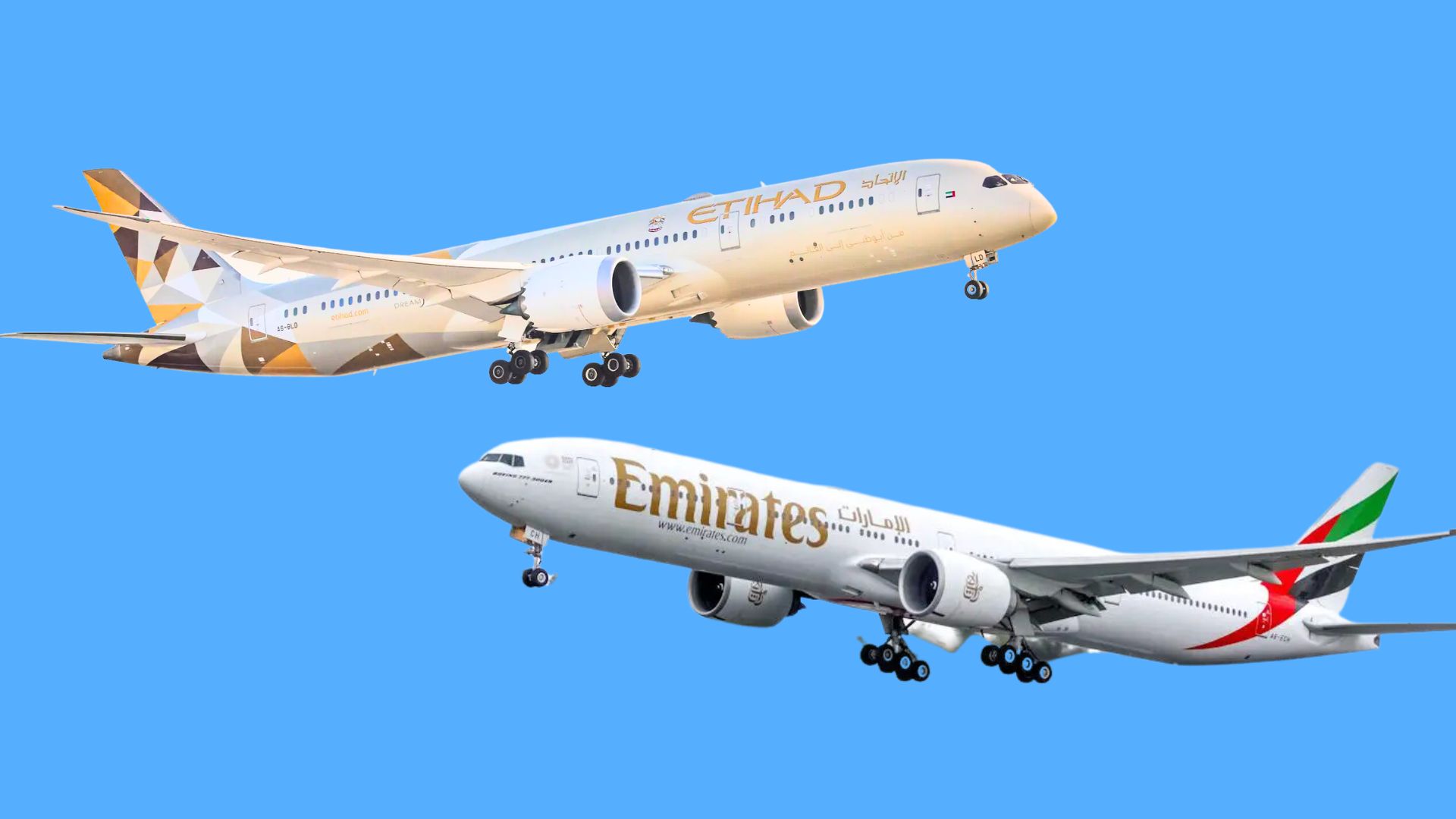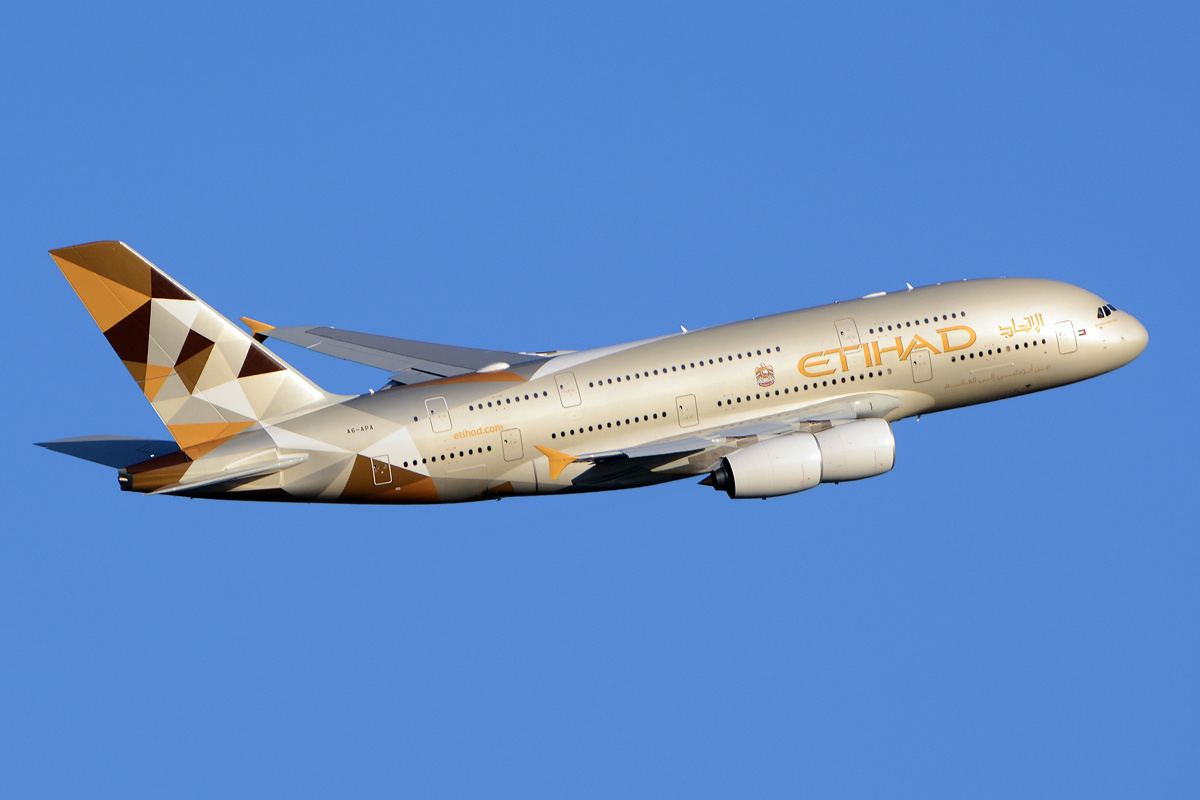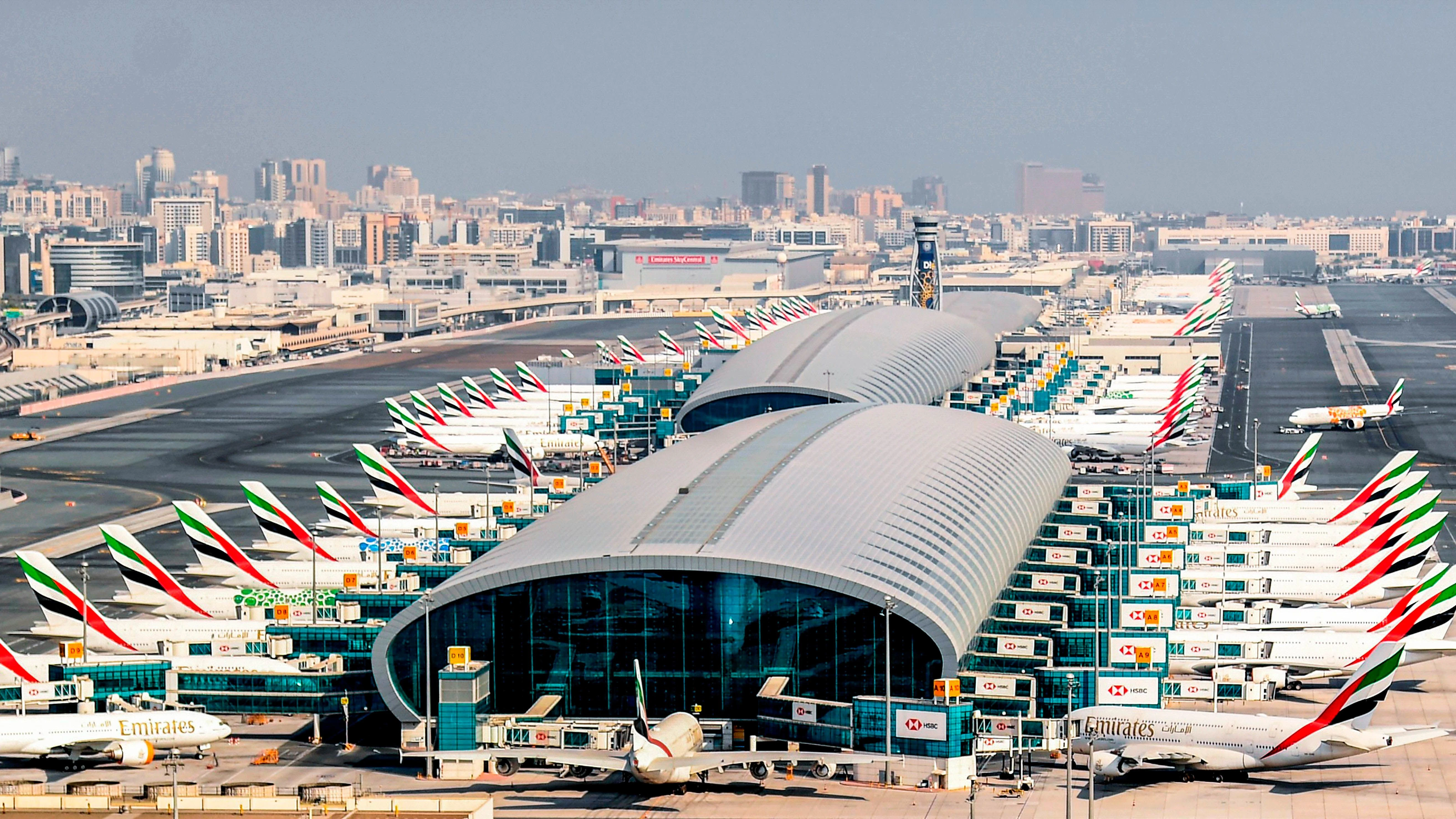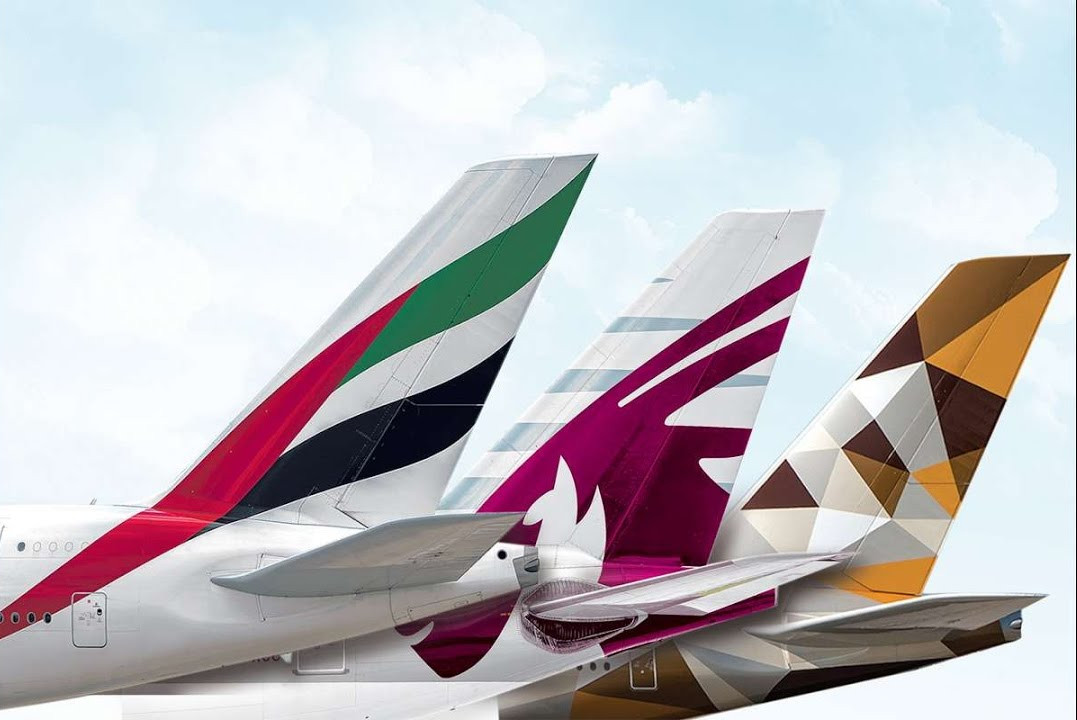Vietnam Airlines, Cathay Pacific, Etihad, Vietjet, airBaltic, AirAsia, and Jet2 recognised for industry-leading sustainability initiatives.
AirlineRatings.com has announced the winners of its Sustainability Awards, celebrating airlines that are making meaningful progress in reducing their environmental impact worldwide.
The applications were open to all airlines, with flexible submission options designed to ensure accessibility for carriers of all sizes and in any language. The program is divided into three categories: Full Service Carriers (three winners), Low-Cost Carriers (three winners), and Package Holiday/Leisure Airlines (one winner).
The reason for three separate categories is to reflect the fundamental differences in airline operating models. Full Service Carriers, with their premium cabins and extensive onboard services, face challenges such as greater food waste and increased soft plastic use. They also operate the majority of the world’s long-haul flights, where most aviation fuel is burned during the cruise phase. While take-off is the most fuel-intensive phase in terms of power, the cruise segment lasts much longer, often accounting for more than 80% of fuel consumption on long-haul flights. This means long-haul operators are particularly impacted.
Low-Cost Carriers, by contrast, typically operate shorter routes with higher daily utilisation, which creates different emissions profiles. These airlines spend more time on the ground and may rely more heavily on Auxiliary Power Units (APUs), making reductions in airport and ground emissions especially important.
Package Holiday and Leisure Airlines also require their own category because their sustainability commitments extend beyond flights to encompass ground operations and resort activities. This broader scope makes it essential to assess them against different benchmarks.
“Our judging panel went beyond the standard net-zero-by-2050 pledges and sustainable aviation fuel (SAF) commitments,” said AirlineRatings.com CEO Sharon Petersen. “Most airlines have made the same pledges, and in fact, there are industry standards around these goals. What we wanted to recognise were airlines taking immediate and innovative steps—initiatives that minimise waste, reduce fossil fuel use, and improve sustainability both in the air and on the ground. It was also important to us to categorise the airlines in to three categories to make it measurable.”
Winners by Category
Full Service Carriers (in no particular order):
Cathay Pacific Recognised for a broad range of onboard and cargo sustainability initiatives. The airline has moved to an amenity kit upon request system in economy, switched to reusable service ware, is in the process of replacing soft plastics around blankets and headphones with recyclable cardboard, provides water bottles without a plastic wrapper, and launched a successful onboard recycling program that collected over one million bottles.
In cargo, the soft plastic wrap is sorted and recycled with 50% of the material reused in new plastic for cargo use, a rate far above the 20-30% industry average. Cathay Pacific has also electrified all cargo area vehicles and was among the first airlines globally to commit to 10% SAF usage by 2030.

Vietnam Airlines Operating under four sustainability pillars—emissions reduction, recycling/reuse, carbon offsets, and green offices—Vietnam Airlines has made significant progress in both air and ground operations. The airline has increased the use of ground power instead of jet fuel-burning Auxiliary Power Units (APUs), reused unused disposable utensils (saving an average value of ~1 billion VND per year), and replaced disposable plastics with environmentally friendly materials such as wood, paper, and bamboo.
Onboard, eco-friendly products have been deployed, and sustainable aviation fuel (SAF) is used on all flights to Europe. Since February 15th 2025, the airline implemented a SAF surcharge to further support sustainable operations. In its offices, Vietnam Airlines has digitised processes to reduce paper waste, switched to LED lighting, and installed automatic air conditioning systems.

Etihad Airways Since 2019, Etihad has reduced CO₂ emissions per Revenue Tonne Kilometre (RTK) by 26%. Flight optimisation initiatives, including continuous descent procedures, have saved an average of 350 kg of fuel per flight. Water-saving “dry wash” aircraft cleaning techniques conserved 770,000 litres in 2023.
The airline has eliminated over 233 million single-use plastic items, introduced circular dining services, and implemented a crew-led recycling program. Etihad continues to lead the industry with pioneering initiatives, including sustainable aviation fuel (SAF) trials, net-zero demonstration flights, and other innovative technologies winning it environmental awards year after year.
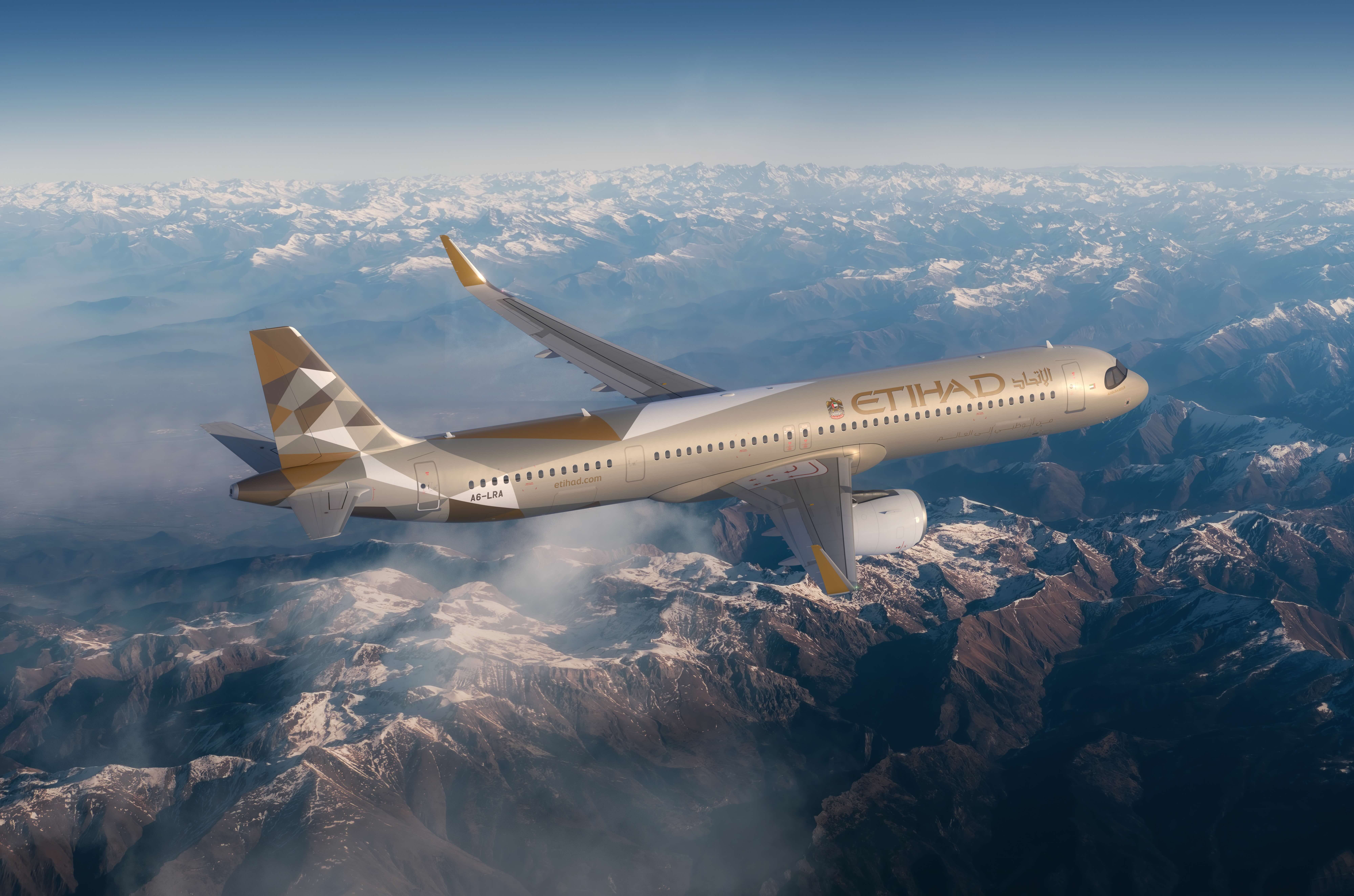
Low-Cost Carriers:
airBaltic The airline operates a single-type fleet of Airbus A220-300 aircraft, which are 20–25% more fuel efficient than older-generation models. airBaltic has launched passenger and corporate programs to voluntarily contribute to sustainable aviation fuel (SAF) usage, ordered electric aircraft for its training fleet, and partnered with manufacturers to advance hydrogen propulsion technologies.
The airline also employs advanced operational procedures—such as reduced flap take-offs, single-engine taxiing, and optimised flight paths—to further reduce fuel consumption and emissions.
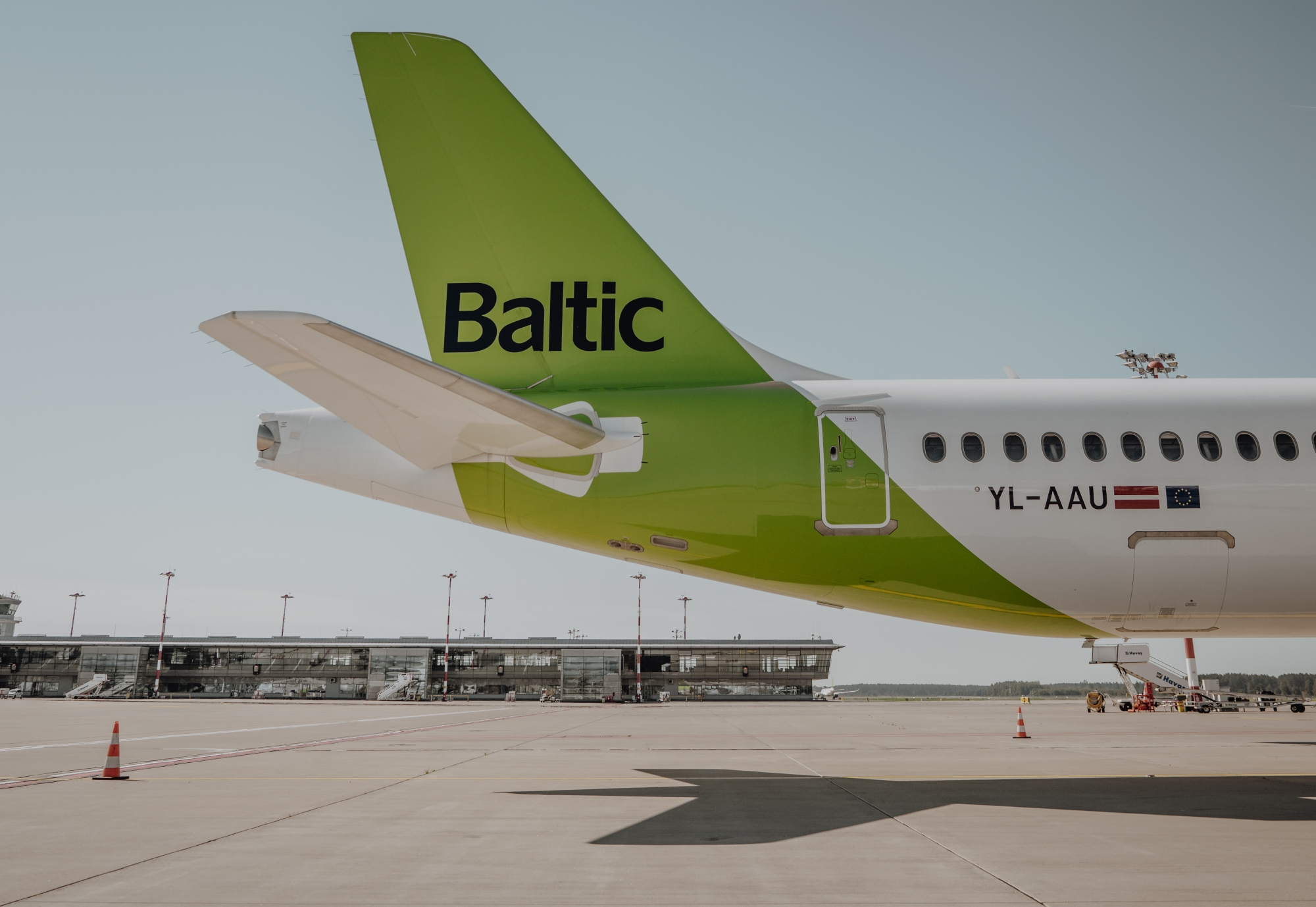
VietjetOperating one of the youngest fleets in Asia, primarily Airbus A320neo and A321neo aircraft, Vietjet has prioritised fuel efficiency and waste reduction. As part of its sustainability initiative, the airline is phasing out single-use plastics onboard, beginning with the introduction of bamboo utensils in premium cabins.
Vietjet is also an early adopter of sustainable aviation fuel (SAF) and advanced engine technologies, complemented by operational practices such as reduced flap take-offs and optimised taxi fuel procedures. A key innovation has been optimising the 30-minute holding fuel reserve carried onboard based on each aircraft’s landing weight, replacing the previous fixed requirement of 1,500 kg regardless of landing weight.
In addition, Vietjet’s cabins are thoughtfully designed with modern, lightweight seats that provide ample space and comfort while also enhancing fuel efficiency. The smart seating layout not only ensures a comfortable journey for travellers but also contributes to lower carbon emissions per passenger per kilometre travelled.

AirAsia In 2024, AirAsia replaced all single-use inflight packaging with compostable alternatives made from renewable resources. All disposable items—such as cups, lids, cutlery, and more—are now produced from Polylactic Acid (PLA), a biodegradable material derived from renewable sources like corn and cassava.
According to Malaysia Airports Holdings Berhad’s (MAHB) Annual Report 2023, aircraft emissions accounted for 53% of total CO₂ emissions at airports, with 23% of this attributed to Auxiliary Power Unit (APU) usage. To tackle this, AirAsia launched its “APU Off” program, introducing innovative ground support systems that reduce reliance on APUs and lower ground emissions.
The airline has also digitised its flight planning process, eliminating the need for paper copies and saving around 3 million sheets annually. Beyond the flight deck, AirAsia has joined Heart Aerospace’s advisory board to support the development of hybrid-electric aircraft, further strengthening its role in next-generation aviation technology.
From 2025, AirAsia will begin displaying CO₂ emissions data alongside all flight options, helping travellers make more informed choices. Notably, AirAsia remains the only ASEAN airline contributing technical experts to ICAO’s Committee on Aviation Environmental Protection (CAEP).

Package Holiday/Leisure Airline:
Jet2’s sustainability strategy extends beyond aviation, covering operations in the air, on the ground, and across its resorts. More than 1,200 certified sustainable hotels are already featured in its holiday portfolio, with a target of 3,000 by 2035.
The airline has begun modernising its fleet with Airbus A321neo aircraft, which deliver a 20% improvement in fuel efficiency compared to previous-generation models. They have also installed Scimitar winglets on 59 Boeing 737-800 aircraft, reducing fuel consumption by up to 1.8%. On the ground, more than half of Jet2’s UK-owned service vehicles are now electric, and the company has installed solar power systems at new facilities. At Manchester Airport, construction is underway on a new maintenance hangar equipped with a solar PV system generating 147,408 kWh per year, reducing reliance on fossil-fuel electricity.
Jet2 has also achieved a 98% recycling rate for office waste in FY25 and is actively pursuing a zero-landfill target by 2035. Its overarching goal is to cut carbon intensity by 35% by 2035, reinforcing its leadership in sustainable leisure travel.

Driving Sustainability Beyond Net Zero
While the aviation industry has collectively set goals for SAF adoption and net zero emissions by 2050, AirlineRatings.com’s awards spotlight airlines that are innovating today.
“Each of these winners demonstrates that sustainability isn’t just a future aspiration—it’s about practical, measurable action now,” Petersen said. “They are setting new standards for how aviation can reduce its environmental impact.”
Have questions or want to share your thoughts?


